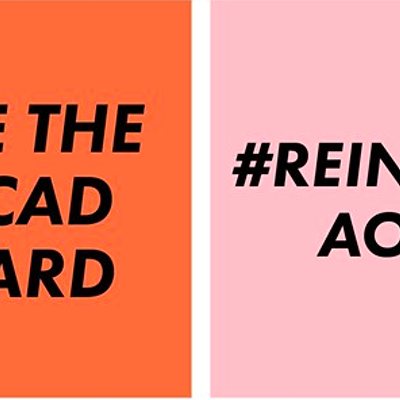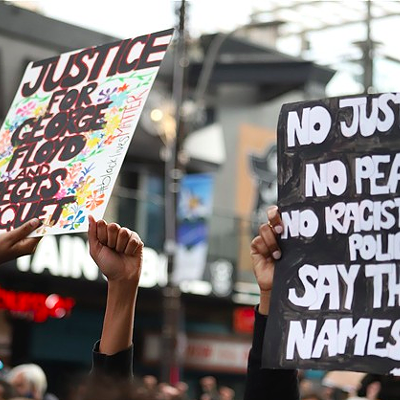It's been widely reported that the Delhi Games are in utter chaos. Now, obviously, many of the problems are specific to India; Halifax likely won't be experiencing a typhoon, dengue fever or terrorist attacks any time soon.
But beyond the specifics, what strikes me most is that there apparently has been no monitoring of Delhi's progress by the Commonwealth Games organization. Any sensible approach to the licensing of the Games would set out construction standards, timelines, an inspection schedule, regular progress reports, financing details and so forth, to make sure the event lives up to the organization's expectations. But, evidently, there was none of this whatsoever---a typical fast food franchise would have more demanded of it from the parent company than was expected from Delhi by the Commonwealth Games. So, of course, with no oversight or inspection, corruption and bad practices were allowed to take hold, with the results we now see.
That's the similarity I find with Halifax. With no oversight from an effective Commonwealth Games organization, I think it likely that neither the province nor the city would be able to control spiraling cost overruns and the like, and we'd be facing a set of problems similar in kind, if not degree, to what Delhi is facing now. There's nothing that makes me think otherwise, anyway.
As I pointed out in 2007, corruption, both locally and internationally, is endemic to the Commonwealth Games:
"It has become similar to the old International Olympic Committee practice," says Wamsley, referring to the behind-the-scenes international lobbying process that exploded in scandal three years before the 2002 Salt Lake City winter Olympics.I would argue that the über secrecy of Halifax's Commonwealth Games bid committee necessarily led to this kind of decision-making, which I would characterize as "corruption"---others probably would be more charitable on that front, and call it just the regular way of doing business. Still, once the nose of the camel of corruption gets under the tent, if there's not someone beating it back, the entire animal is going to arrive soon enough. And that, I think, would've been pretty much a foregone conclusion, had Halifax actually won Commonwealth Games hosting privileges.The president and vice president of the Salt Lake City bid committee resigned after admitting to bribing IOC officials to vote for Salt Lake City as host city for the Olympics. The fallout from that scandal resulted in several changes to Olympic policy, including a prohibition on gifts and a restriction on IOC travel to potential host cities.
"But those changes never made their way over to the Commonwealth Games," says Wamsley.
As Olympic officials somewhat cleaned up their act, CGA officials have stepped in to replace them on the corruption circuit. Two Adelaide, Australia officials who worked on that city's failed 1998 Commonwealth Games bid announced in 1999 that three CGA officials—from Pakistan, Sri Lanka and an unnamed African country—had asked for "incentives" to vote for Adelaide.
"They wanted us to set up one of their children at Adelaide University and pay for their five or six years' tuition there," Adelaide mayor Steve Condous told the Associated Press.
"I believe that the time has come, for both IOC and Commonwealth Games, when these travelling circuses which provide all of these delegates with first-class air travel, top quality accommodation, tours, gifts and everything that's lavished on them, has got to come to an end," he added.
The IOC made some modest reforms, but the travelling circus aspect of the Commonwealth Games bid process continues. Detailed financial information from Halifax 2014 has yet to be released to the public—I've been able to review general budget documents and board discussion of some specific expenditures, but not itemized cheque registers or credit card records. So at this point, there's no evidence of outright bribery of individual international CGA officials.
But there's no question that Halifax 2014 was attempting to purchase the goodwill of the international CGA organizations. The process was institutionalized in Halifax 2014's "Partner Program," which doled out $700,000 in cash grants—$10,000 to each of the 70 CGA organizations other than Canada's that would later cast a vote for Halifax, Glasgow or Abuja.
The Partner Program money was intended for "sport development"—an arbitrarily defined term—in each of the countries. In February 2007, for example, Halifax 2014 agreed to purchase a scoreboard for a track in Turks and Caicos, a British territory in the West Indies.
"We are extremely pleased that through input from the Turks and Caicos CGA we have been able to fulfill a need that will not only help in the short-term, but that can be built upon to benefit athletes for years to come," Logan stated in a Halifax 2014 press release. I spent considerable effort tracking Logan down, but could not find him to comment for this article.
After Halifax councillor Gloria McCluskey objected to the out-of-country spending, MacGillivray insisted that the Partner Program had nothing to do with buying votes. "It's meant to show Canada's commitment to development of sport throughout the Commonwealth, as we have in the past," he told the Chronicle-Herald. "And we, as an international bid team, want to continue that tradition."
The Partner Program was a new strategy employed on the CGA stage, and neither Glasgow nor Abuja have followed suit.
In addition to the Partner Program, Halifax 2014 planned to bring as many countries' CGA officials as they could muster to Halifax.
On March 7, 2007, just one day before Halifax's bid crumbled, the Halifax 2014 Executive Committee was still discussing the plan. According to the meeting's minutes, about two dozen international officials were to be flown first class into Halifax and hosted at the Westin. "Fred MacGillivray raised concerns about the hotel's location and standards of service and advised that the Halifax Marriott Harbourfront be used, instead," read the minutes, but no action was taken on the complaint.
MacGillivary says those minutes are inaccurate. "I never said anything about service. It was about location. From the Marriott, you can see right across to the site of the Games."
Whichever hotel would ultimately be used, the minutes make plain that the international group would be wined and dined in the highest fashion, a characterization MacGillivray doesn't dispute. "That's what you do," he says.














